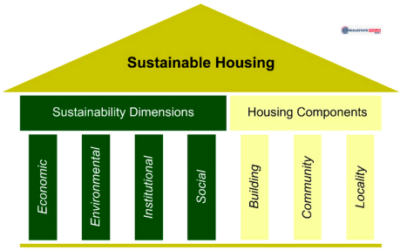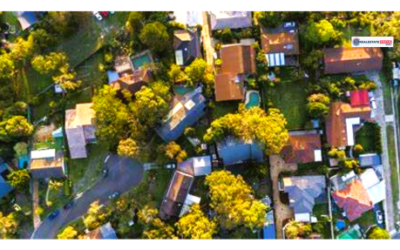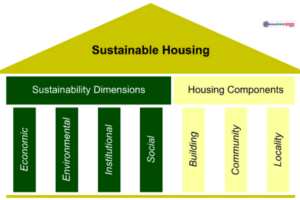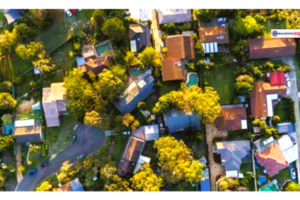

It’s Not Supposed to Go Backwards: The Harsh Reality Facing Young Aussie Property Investors
When Frank Ambesi bought his first property at age 27, he thought he was securing his financial future. Like many young Australians, he believed real estate was a one-way ticket to long-term wealth. But just a few years later, the reality hit hard that his apartment was worth less than what he paid for it.
“It was going backwards in value,” said Ambesi, now 32. The Oakleigh, Victoria apartment he purchased for $495,000 in 2019 plummeted to an estimated value of $410,000 by 2022. “It was a real ‘oh sh*t’ moment,” he said.
Despite eventually selling the property in 2023 for $517,000, once transaction costs like stamp duty were accounted for, he walked away without a profit, a frustrating conclusion to an investment he had hoped would set him up for life.
The Myth of the “Safe Bet”
Real estate in Australia has long been seen as the ultimate safety net: “Property always goes up,” the saying goes. But Ambesi’s story is a sobering reminder that market downturns, location nuances, and macroeconomic shifts can disrupt even the most traditional investment assumptions.
Ambesi, a mechanic earning under $60,000 when he entered the market, did what many would consider financially responsible. He entered the property market young, took on the risk, and started building equity. But in the turbulent property landscape of the early 2020s, that strategy didn’t pay off the way he had hoped.
Why the Value Dropped
Several factors may have contributed to the drop in value of Ambesi’s apartment:
- Oversupply of apartments in inner suburbs like Oakleigh
- Interest rate hikes that reduced buyer borrowing power
- Pandemic-era shifts in housing preferences, favoring larger homes with outdoor space over compact urban apartments
- A broader cooling of the Melbourne property market, which saw median apartment values dip in certain areas despite national growth
For investors like Ambesi, who bought into the market without a financial buffer or diversified portfolio, these shifts hit particularly hard.
The Emotional Toll of a Bad Investment
“I was anxious, and it was holding me back,” Ambesi said of those early years when property prices in his neighborhood began slipping. For many young investors, property isn’t just a financial commitment, it’s an emotional one.
“I felt like I’d made a mistake,” he admitted. And he’s not alone. As affordability worsens and interest rates remain unpredictable, many first-home buyers and investors are reconsidering the narrative that property is always a winning play.
Lessons From the Other Side
Despite the disappointment, Ambesi doesn’t regret the experience entirely. “You learn the hard way sometimes,” he said. His story is now sparking conversations online and among peers about doing deeper research, seeking diverse investments, and not buying into hype without understanding local market conditions.
Here are a few takeaways for other young investors:
- Know the market, not just the asset: Apartments in high-density areas carry different risks than houses in growing outer suburbs.
- Watch for hidden costs: Stamp duty, body corporate fees, and agent commissions can significantly impact your actual profit.
- Understand timing: Buying during a boom without a long-term strategy can leave you exposed if the market corrects.
A Changing Narrative in Aussie Real Estate
Ambesi’s story highlights a growing reality: Australia’s property market is no longer a guaranteed goldmine, especially for young buyers entering at the margins. As interest rates, remote work, and shifting urban dynamics redefine where and how people want to live, the rules of property investing are evolving.
What used to be a passive path to wealth now requires savvy strategy, risk tolerance, and a willingness to learn from mistakes.
For Ambesi, the experience hasn’t put him off investing entirely but it has changed how he thinks about it. “I’d do things differently now,” he said. And in this economy, that kind of hard-earned wisdom might just be more valuable than a quick return.




































